Mozambique: Mondlane says has information that he will be arrested upon his return from Europe - ...
Dom Jaime Gonçalves will go down in history as “one of the great figures of Mozambique”
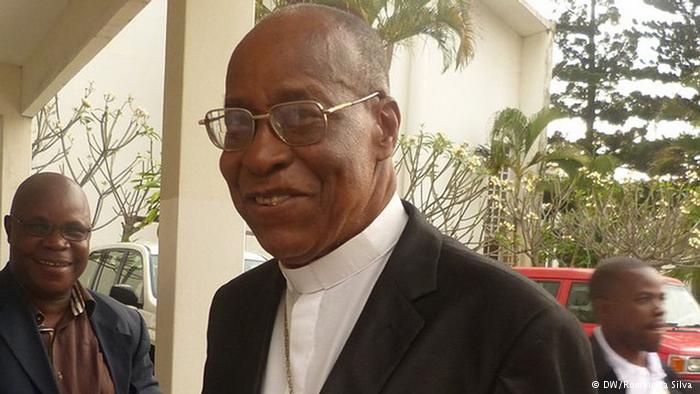
DW (Fie photo) / Dom Jaime Pedro Gonçalves
Beira Archbishop Eneritus Dom Jaime Gonçalves will be remembered fondly and with ‘saudade’ among Mozambicans, academic and former mediator Lourenço do Rosário in an interview on one of the main architects of peace in Mozambique who was buried last Saturday in Beira.
Dom Jaime Gonçalves was the Mozambican Catholic church and Vatican mediator of the 1992 Comprehensive Peace Agreement which ended 16 years of civil war between the Frelimo government (Mozambique Liberation Front) and Renamo (Mozambican National Resistance) opposition. He died on Wednesday 7 April, 2016, after a long illness.
The retired archbishop of Beira did not recently enjoy the same respect once accorded by the leaders of the two main political parties in Mozambique. However, among Mozambicans, he is remembered as a prominent figure in the political, social and religious life of Mozambique.
DW Africa interviewed Rosario Lourenço, Mozambican academic and former mediator in the talks between the government and Renamo, who recalled the figure of Don Jaime Gonçalves.
DW Africa: How will Dom Jaime Gonçalves be remembered among Mozambicans?
Lourenço do Rosário (LR): The bishops of Beira have traditionally been very active in the social, political and religious life of Mozambique. Even in colonial times, the Catholic church played a very crucial role in relation to political aspects of the colonial war. Jaime Gonçalves must have inherited this practice, this way of being the Catholic church in Beira. Of course, Mozambicans will remember him as a major figure in the balance the public opinion on the social and political situations of the country.
DW Africa: Does Bishop Jaime Gonçalves leave behind a sense of nostalgia (‘saudade’) among Mozambicans, particularly in this time of political and military tension in the country?

LR: He has not enjoyed much sympathy from the politicians lately, although after his death there has been public praise from both Renamo and the government, especially Frelimo. The archbishop was looked at with a lot of suspicion regarding his political sympathies. But in general, people remember Dom Jaime Gonçalves as one of the great figures of the political, social and religious national scene.
DW Africa: Was Bishop Jaime Gonçalves one of the most important figures in the signing of the Comprehensive Peace Agreement in 1992?
LR: Yes, he was. He played a major role as a representative of the Catholic church in Mozambique. The peace process was mediated by the Catholic church through the Sant’Egidio Community, and by Mozambique, and he was one of the parties to the peace talks during the whole two years. Dom Jaime Gonçalves will be certainly be recalled as one of the great figures of the past 50 years in the history of Mozambique.
DW Africa: Bishop Jaime Gonçalves said he considered that the Comprehensive Peace Agreement is still up to date. Taking into account the current political and military situation of tension, you have the same opinion?
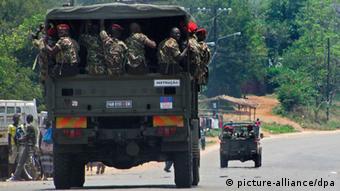
LR: The Comprehensive Peace Agreement has several chapters, some of which have been widely publicized, others not. From my point of view, there are chapters that needed to be revisited to see whether they were met or not in the 1994 elections.
With the entry into force of the constitutional government of 1995, resulting from the 1994 elections, the General Peace Agreement stopped being validated. However, there are chapters that were not disclosed and it is probably necessary to revisit them, in particular in regard to the issue of the armed forces, the problem of the electoral law, etc.
DW Africa: Bishop Jaime Gonçalves recalled that the lack of trust between the leader of Renamo, Afonso Dhlakama, and the president of Mozambique at the time, Joaquim Chissano, was one of the main obstacles to reaching the peace agreement. And in one of his last public interventions he even said there was a plan to eliminate the leader of Renamo.
As a former mediator, what is missing for there to be a sincere handshake between the two leaders and the definitive silencing of the guns in Mozambique?
LR: At times, there have been signs that confidence levels were getting close for there to be a handshake, but then things that undermined the situation would always happen. Right now, confidence levels are at the lowest possible. Therefore, it will take a lot of creativity to find a way of restoring confidence.
DW Africa: Why has this lack of confidence endured for well over twenty years?
LR: From my point of view, I think it is the lack of a culture of genuine national reconciliation. The idea of the enemy, the opponent and the problem of the group is what is effectively undermining confidence building. So there is no real culture of reconciliation, in the sense that there is thought to be a state agenda common to both those who are in power and those in opposition.


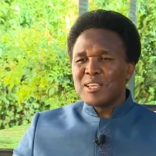
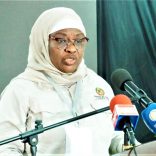
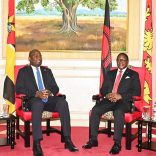
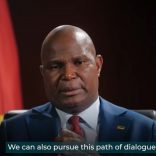

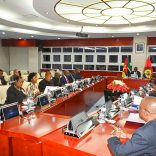





Leave a Reply
Be the First to Comment!
You must be logged in to post a comment.
You must be logged in to post a comment.